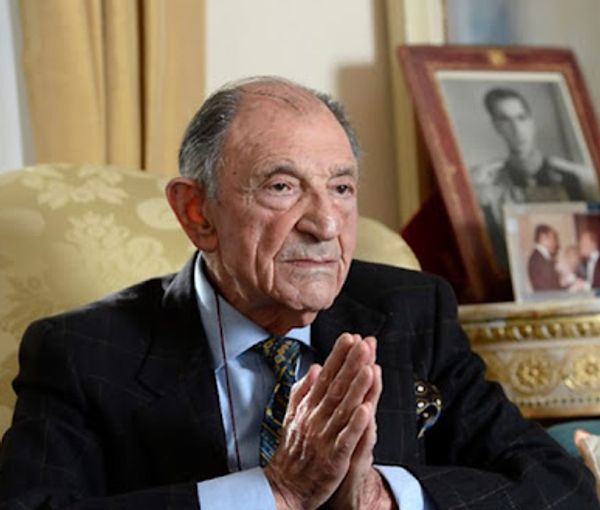November 19, 2021

Ardeshir Zahedi, former Iranian foreign minister, ambassador to Washington and son-in-law of the Shah, passed away in Swiss exile November 18. He was 93.
Zahedi was born into a powerful family in 1928 in Tehran. His father, Fazlollah Zahedi, was a general who played an instrumental role during political upheaval in Iran in 1953 when he took a key role in the military coup that brought Mohammad Reza Shah Pahlavi back to power. He then became prime minister.
The younger Zahedi attended an American school in Beirut and then Utah State University, from which he graduated as an agricultural engineer. After returning to Iran, he became an official in the Point Four assistance program launched by US President Harry S Truman in 1949.
Zahedi served as ambassador to Washington from 1960-1962 and again from 1973 until the 1979 revolution. He was foreign minister from 1966-1971.
In 1957, he married the Shah’s eldest daughter, Shahnaz, but that marriage ended in divorce in 1964. The divorce did not hurt his close relationship with the Shah.
While in Washington the second time and as a bachelor, he became known in Washington social circles as the capital’s “most-sought-after bachelor.” Zahedi periodically dated actress Elizabeth Taylor, but did not become one her many husbands.
The parties at his embassy became renown. Barbara Walters wrote that it was “the Number One embassy when it comes to extravagance.”
In the final years of his life Zahedi adopted controversial positions, including praise for Qods Force commander Qasem Soleymani after he was killed by a US drone attack in Baghdad in 2020.
Zahedi acknowledged the woes that led to the revolution and pushed for a reconciliation between Iran and the US even amid tensions over the collapsed nuclear deal. He dismissed President Donald Trump’s maximalist campaign targeting Tehran as “a pressure tactic wrapped in bellicosity folded inside a chimera.”
“It is bereft of a viable vision and based on the naive assumption that overthrowing the Islamic Republic will miraculously lead to a pluralistic and pro-American order,” Zahedi wrote in 2019. “That previous US-sponsored regime change in the region has ushered in failed states or worse autocracies seems to be an afterthought.”
Last year, Zahedi wrote, “Iran and America needed and still need each other, and it is in their interest to pursue a new and constructive approach in their relations. It is the governments that need to be ready to make sacrifices, to show goodwill, remove artificial barriers, and prove their sincerity and desire to reconcile.”






















